Editor

name: Dr. Joshua Daniel
institution: Oklahoma State University
website: https://english.okstate.edu/pages/159-joshua-daniel-wariya
Dr. Joshua Daniel (formerly published under Joshua Daniel-Wariya) is an Associate Professor of Rhetoric and Writing Studies at Oklahoma State University and he directs the First-Year Composition Program. His research is on the persuasive capacities of games and software, and his work has appeared in journals such as Games and Culture, Computers and Composition, and Rhetoric Society Quarterly. He is also a tremendous Twitter follow, and you can contact him there through @FoxyJoshyD
Author

name: Dr. Joshua Daniel
institution: Oklahoma State University
website: https://english.okstate.edu/pages/159-joshua-daniel-wariya
Dr. Joshua Daniel (formerly published under Joshua Daniel-Wariya) is an Associate Professor of Rhetoric and Writing Studies at Oklahoma State University and he directs the First-Year Composition Program. His research is on the persuasive capacities of games and software, and his work has appeared in journals such as Games and Culture, Computers and Composition, and Rhetoric Society Quarterly. He is also a tremendous Twitter follow, and you can contact him there through @FoxyJoshyD
Contributors
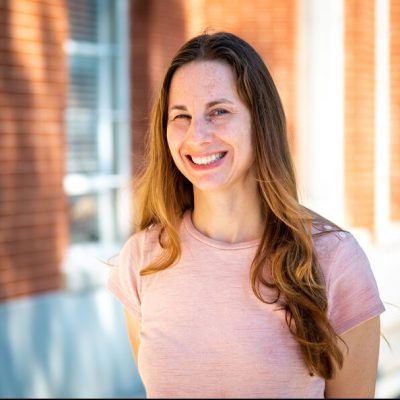
name: Sarah Beth Childers
institution: Oklahoma State University
Sarah Beth Childers is an Assistant Professor of Creative Writing at Oklahoma State University, specializing in creative nonfiction, and the nonfiction editor of the Cimarron Review. She is the author of the memoir-in-essays Shake Terribly the Earth: Stories from An Appalachian Family (Ohio University Press, 2013), and her essays have appeared in Brevity, Colorado Review, Shenandoah, Pank, and elsewhere. Sarah Beth lives in Stillwater, Oklahoma, with her family, including a dog-chasing little girl.

name: Dr. Ron Brooks
institution: Montclair State University
Dr. Ron Brooks is an Associate Professor of Writing Studies at Montclair State University, where he currently serves as the Founding Chair of the Department of Writing Studies. He has published essays in College Composition and Communication, Technical Communication Quarterly, Enculturation, hyperrhiz, and Pre/Text.
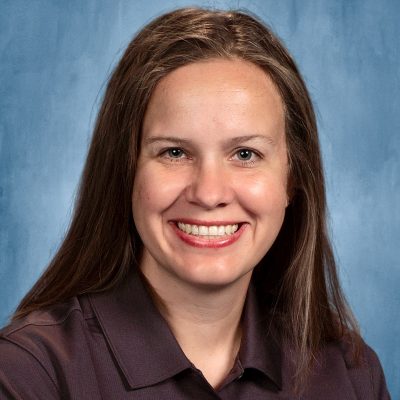
name: Heidi Cephus
Heidi Cephus holds a PhD in English from the University of North Texas, where she conducted research on the connection between bodies and judgment in Shakespeare’s plays. More recently, she has focused on depictions of women’s work from Shakespeare to today. In addition to teaching and researching Shakespeare, Dr. Cephus has 13 years of experience teaching composition courses, including 3 years at Oklahoma State. Currently, she is employed as a Choice and Success Advisor at a Colorado high school. In her spare time, Dr. Cephus enjoys playing disc golf, running, and reading detective fiction.

name: Charlotte Hogg
institution: Texas Christian University
Dr. Charlotte Hogg is Professor of English at Texas Christian University where she serves as Director of Composition. She is the author of From the Garden Club: Rural Women Writing Community and co-author of Rural Literacies with Kim Donehower and Eileen Schell. She co-edited with Donehower and Schell Reclaiming the Rural: Essays on Literacy, Rhetoric, and Pedagogy as well as a special issue of enculturation: Rhetorics and Literacies of Climate Change. With Shari J. Stenberg, she co-edited the anthology Persuasive Acts: Women’s Rhetorics in the Twenty-first Century. Her work has appeared in The Washington Post, College English, Rhetoric Review, Peitho, Puerto del Sol, and elsewhere. She teaches women’s rhetorics and literacies, creative nonfiction, and composition. Her Twitter handle is @paxtonista.

name: Anna Sicari
institution: Oklahoma State University
Dr. Anna Sicari is an Assistant Professor of Rhetoric and Writing Studies at Oklahoma State University and she directs the Writing Center. Her research interests include writing centers, feminist theory and research, and work on identity and inclusion.
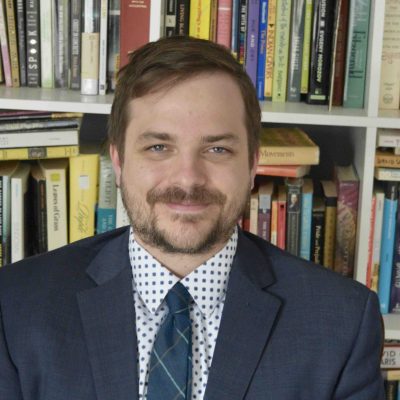
name: Dr. Tyler Branson
institution: University of Toledo
website: https://www.utoledo.edu/al/english/faculty/branson.html
Dr. Tyler Branson is an assistant professor of English and the associate director of composition at the University of Toledo. He has published articles in College Composition and Communication, Composition Studies, and WPA: Writing Program Administration, and he has essays in the edited collections Bad Ideas about Writing and the Cambridge Handbook of Service Learning and Community Engagement. His book Policy Regimes: College Writing and Public Education Policy in the United States, is forthcoming from Southern Illinois University Press.
name: Dr. Robert Mundy
institution: Pace University
website: https://www.amazon.com/Robert-Mundy/e/B08CCG6H12%3Fref=dbs_a_mng_rwt_scns_share
Dr. Robert Mundy is Associate Professor of English, writing program director, and Chair of the Department of Writing and Cultural Studies at Pace University in Pleasantville, NY. He has contributed to and co-edited Out in the Center: Public Controversies and Private Struggles, winner of the 2019 International Writing Centers Book Award, and co-authored Gender, Sexuality, and the Cultural Politics of Men’s Identity: Literacies of Masculinity, a text that considers mass media and contemporary cultural trends to examine masculinity at a point of intense scrutiny and unprecedented change.
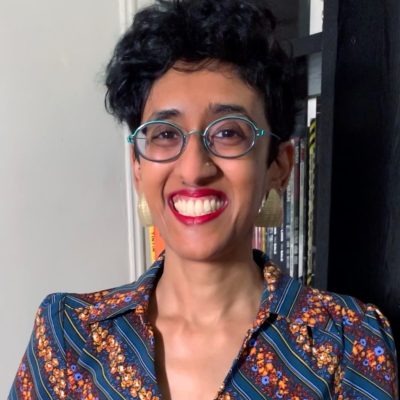
Vyshali Manivannan is a Lecturer in the Department of Writing and Cultural Studies and the Director of the Writing-Enhanced Course (WEC) Program at Pace University in Pleasantville, NY. Her scholarship has appeared in publications such as the Journal of Multimodal Rhetorics, Digital Health, Fibreculture, and Enculturation, and she contributed to the edited collection Digital Ethics: Rhetoric and Responsibility in Online Aggression, winner of the 2019 Computers and Composition Distinguished Book Award. Her creative work has been featured in Fourth Genre, The Paris Review, Consequence, and Black Clock among other literary journals. She was nominated for a 2015 Pushcart Prize in Nonfiction and was among those listed in “Notable Essays and Literary Nonfiction of 2014” in Best American Essays 2015. Her Twitter handle is @vymanivannan.
name: Dana Cadman
institution: Pace University
Dana Jaye Cadman, Lecturer, Director of Creative Writing Pleasantville, and Faculty Advisor for student literary and arts magazine Chroma, holds an MFA in Poetry from Rutgers University Newark. Her creative work has been published in New England Review, PRISM International, The Moth, The Literary Review, Atlanta Review, and Raleigh Review, among others. Her featured performances include New York Shakespeare Convention, North American Bicentennial Conference, and Colorscape Chenango Arts Festival. Her visual art is featured in the upcoming opera Sensorium Ex with composer Paola Prestini and librettist Brenda Shaughnessy and its corresponding documentary from EnactLab. She runs the annual Pace Poetry Festival and has founded Saturated Channel, a media space featuring student content across creative and academic genre, highlighting hybridity and digital works.
name: Laura Tunningley
institution: Oklahoma State University
Laura Tunningley is the Associate Director of the Writing Center at Oklahoma State University. Her research interests include community engaged writing, writing center studies, and linguistic diversity and agency.

name: Ryan Slesinger
institution: Oklahoma State University
Ryan Slesinger is a Visiting Assistant Professor of English at Oklahoma State University where he enjoys teaching a variety of literature and writing courses. Recently taught courses include, “American Road Narratives,” “Literature of the American Counterculture,” and “Race, Borders, & Intersectional American Identities.” He has published articles on John Steinbeck, Jack Kerouac, and the Grateful Dead, and his current book project addresses the importance of mysticism in the works of twentieth century American novelists Steinbeck, Kerouac, Anaya, Silko, and Morrison.
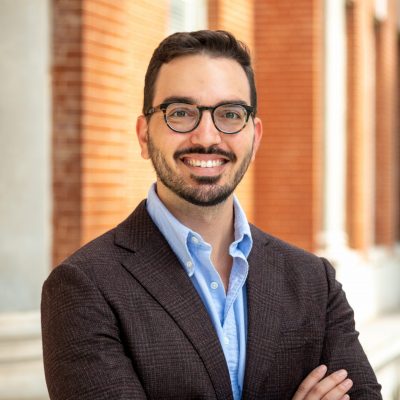
name: Rafael Hernandez
institution: Oklahoma State University
Dr. Rafael Hernandez is an English professor at Oklahoma State University where he teaches courses in literature and writing. He studies British writers from the early twentieth century, focusing on how modernism helped writers and their audiences better understand the rapidly changing world they lived in. At Oklahoma State, Dr. Hernandez teaches classes in first year composition, surveys of literature, and upper-division themed courses in literature and literary theory.
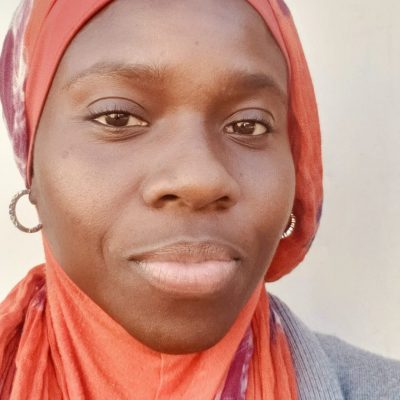
E. Wright is a PhD candidate at Oklahoma State University, in Creative Writing Nonfiction. Her work has been published in or are forthcoming in Hippocampus Magazine, Praxis, and Writing Center Journal. She is currently working on a memoir which focuses on Black maternal health and her own home births. Read more of her work at lisaewright.com.
name: Natasha Tinsley
institution: Southwestern Oklahoma University
Natasha Tinsley is an Assistant Professor and the Writing Center Coordinator at Southwestern Oklahoma State University. She is a two-time graduate from Oklahoma State University, where she earned a Bachelors in English and an MFA in Fiction. She also holds a Master’s in Education from Cameron University. Her research and written works focus on African American people and culture, including but not limited to ideologies surrounding identity, gender roles, and motherhood. Natasha has also presented at several writing center conferences themed around racial injustice, as well as published academic pieces and poetry in The Writing Center Journal and Arcturus. She uses her academic and creative skills to offer truths she hopes will provide to others the same catharsis and enjoyment she receives.

name: Beth Devore
institution: Kent State
Elizabeth Devore is an Associate Lecturer of English at Kent State University at Ashtabula. Her poetry has appeared in The Bark magazine, the Great Lakes Review narrative map project, and elsewhere. She teaches creative writing, composition, and has special interest in dogs in literature.
name: Dr. Ho'omana Nathan Horton
institution: Oklahoma State University
Dr. Ho’omana Nathan Horton is a Visiting Assistant Professor of TESOL and Linguistics at Oklahoma State University and the Coordinator of OSU’s International Teaching Assistant (ITA) Program. His research focuses primarily on sociolinguistics, especially on linguistic diversity and discrimination at the university level. Most recently, his chapter in Linguistic Discrimination in US Higher Education (Clements & Portray, 2021) addresses the prevalence of Standard Language Ideology and the resulting linguistic discrimination in First-year Composition courses and offers suggestions for how writing instructors can better support and empower students’ use of their own varieties of English in writing and beyond.

name: Graig Uhlin
institution: Oklahoma State University

name: Holly Reiter
institution: Oklahoma State University
Holly Reiter is an associate professor and the Director for Teaching and Learning in the university libraries at Oklahoma State University. Her research interests include critical information literacy, privacy literacy, and intersectional feminism in fan studies. She is the co-author of Information Now! A Graphic Guide to Web Literacy and Student Research (2021, University of Chicago Press) and Austentatious: The Evolving World of Jane Austen Fans (2019, University of Iowa Press), as well as numerous peer-reviewed articles and chapters.

name: Josiah Meintz
institution: Oklahoma State University
Dr. Josiah Meints is a Visiting Assistant Professor of Rhetoric and Writing Studies and the Assistant Director of the Cowboy Concurrent Composition program at Oklahoma State University. His research primarily focuses on the multimodal composition and the rhetoric of video games and college athletics. His scholarship on video games has appeared in Gamevironments and G/A/M/E: The Italian Journal of Game Studies.
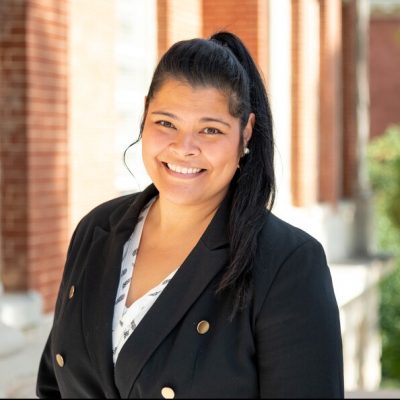
name: Stephanie Link
institution: Oklahoma State University
website: https://dissemity.com/home/index.php
Stephanie Link is an Associate Professor of Applied Linguistics/TESOL at Oklahoma State University. Her research involves technology-mediated language learning with a focus on development and use of automated writing evaluation tools and intelligent tutoring systems for second language writing and written scientific communication. Her latest project funded through the National Science Foundation integrates genre analysis and artificial intelligence to help developing writers disseminate research with clarity—Dissemity

